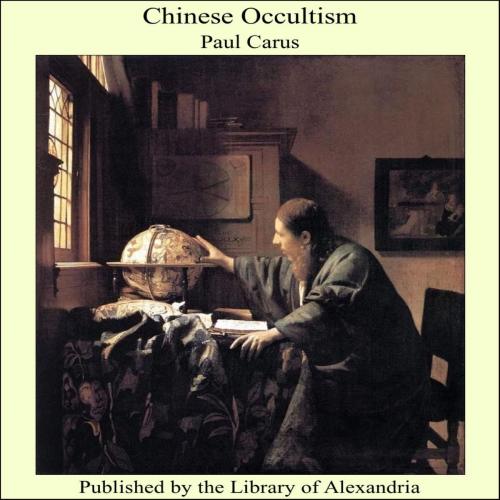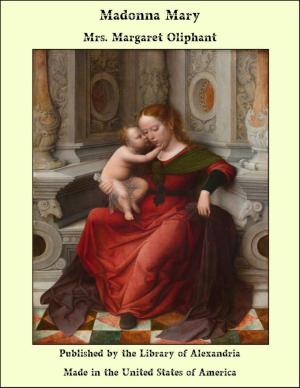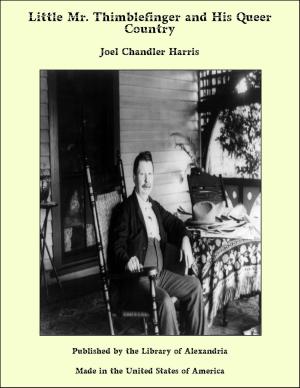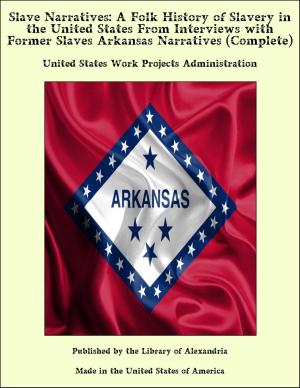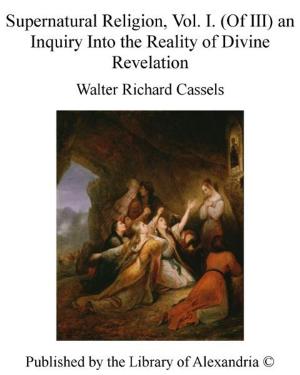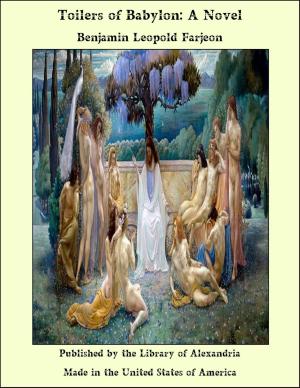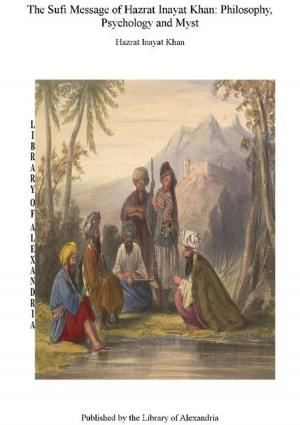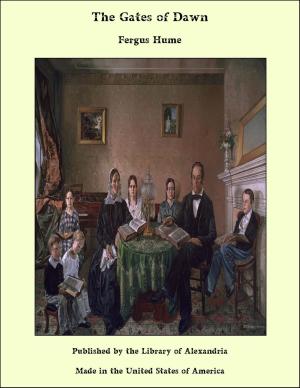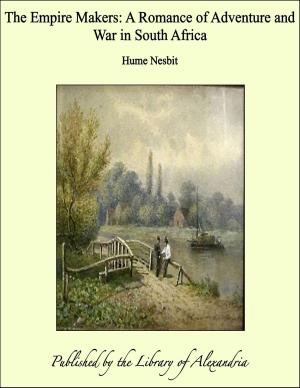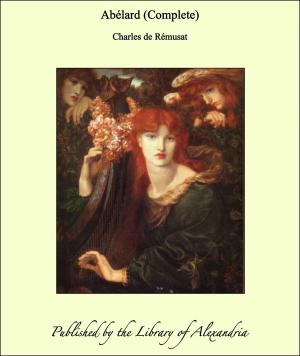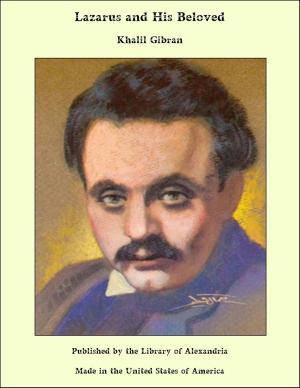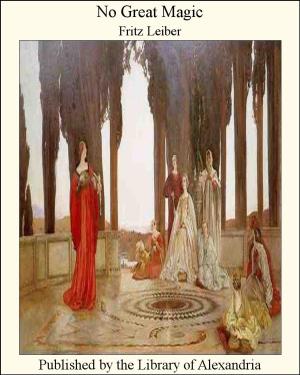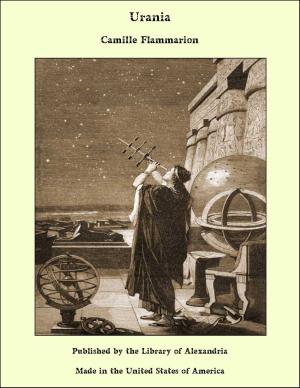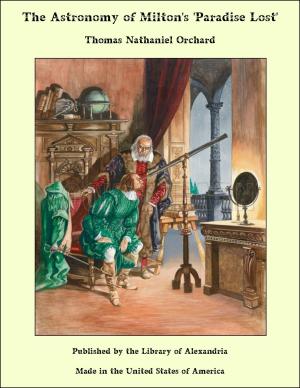| Author: | Paul Carus | ISBN: | 9781465535504 |
| Publisher: | Library of Alexandria | Publication: | March 8, 2015 |
| Imprint: | Language: | English |
| Author: | Paul Carus |
| ISBN: | 9781465535504 |
| Publisher: | Library of Alexandria |
| Publication: | March 8, 2015 |
| Imprint: | |
| Language: | English |
During his recent sojourn in the United States, the did not conceive the intention of writing a book on the subject. All he contemplated was the publication of a few letters in a London Journal on which he had been accustomed to rely for intelligence from Europe when residing in Berbice. So much he was disposed to attempt for several reasons. Having entered the States by their most Southern port—that of New Orleans, and finding himself at once in the midst of Slavery, he had opportunities of observing that system not often enjoyed by a British "Abolitionist." As the Pastor, also, of a large congregation, of whom a great number were but a few years ago held in cruel bondage, he would naturally look upon the treatment of the same race in America with keener eyes and feelings more acute than if he had not stood in that relation. Identified, too, with those persons who represent the principles of the old Puritans and Nonconformists in England, he would survey the growth and spread of those principles in their new soil and climate with a more than common interest. New England, especially, on whose sods the foot-prints of the Pilgrims had been impressed, and on whose rocks their early altars had been reared, would be to him hallowed ground. Travelling, leisurely, as he did, at his own expense, northward from New Orleans to Boston, and westward as far as Utica,—making a tour of more than four thousand miles, sometimes known and sometimes unknown, just as inclination prompted,—representing no public body, bound to no party, a "Deputation sent by himself,"—he was completely free and independent in thought and action, and enjoyed advantages for observation which do not often meet
During his recent sojourn in the United States, the did not conceive the intention of writing a book on the subject. All he contemplated was the publication of a few letters in a London Journal on which he had been accustomed to rely for intelligence from Europe when residing in Berbice. So much he was disposed to attempt for several reasons. Having entered the States by their most Southern port—that of New Orleans, and finding himself at once in the midst of Slavery, he had opportunities of observing that system not often enjoyed by a British "Abolitionist." As the Pastor, also, of a large congregation, of whom a great number were but a few years ago held in cruel bondage, he would naturally look upon the treatment of the same race in America with keener eyes and feelings more acute than if he had not stood in that relation. Identified, too, with those persons who represent the principles of the old Puritans and Nonconformists in England, he would survey the growth and spread of those principles in their new soil and climate with a more than common interest. New England, especially, on whose sods the foot-prints of the Pilgrims had been impressed, and on whose rocks their early altars had been reared, would be to him hallowed ground. Travelling, leisurely, as he did, at his own expense, northward from New Orleans to Boston, and westward as far as Utica,—making a tour of more than four thousand miles, sometimes known and sometimes unknown, just as inclination prompted,—representing no public body, bound to no party, a "Deputation sent by himself,"—he was completely free and independent in thought and action, and enjoyed advantages for observation which do not often meet
